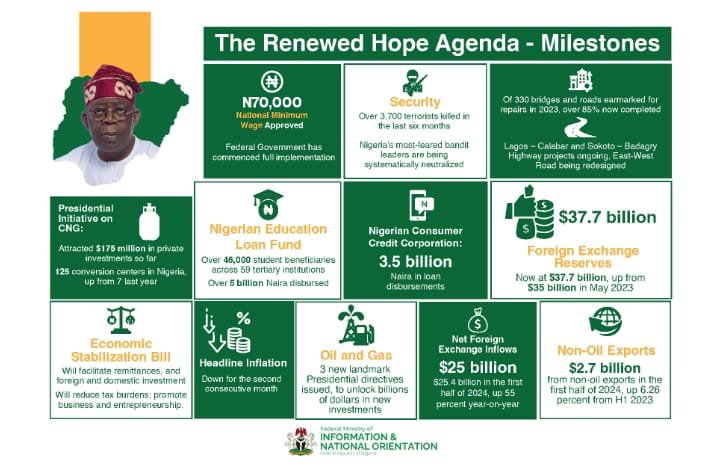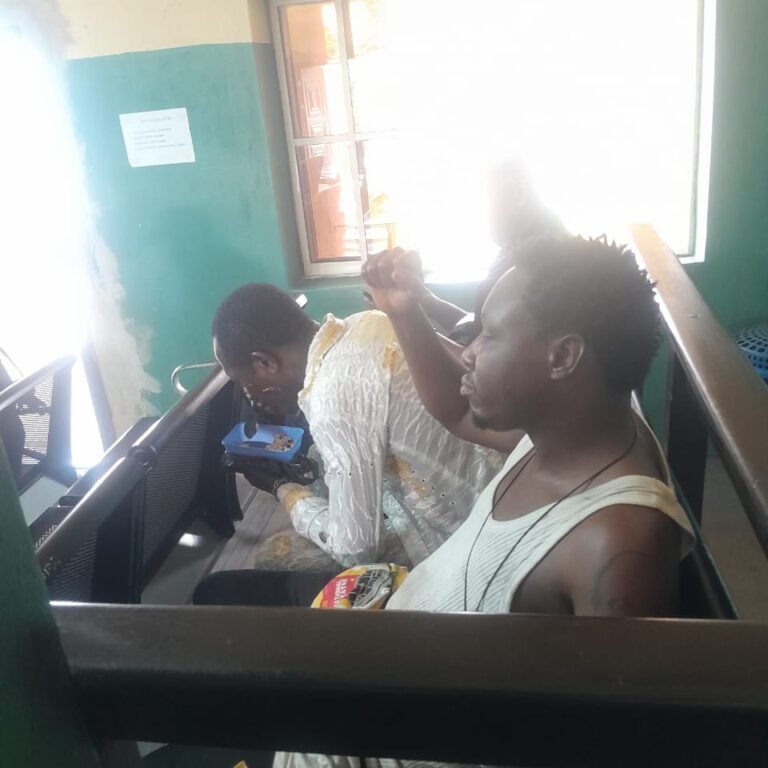
By Ameh Gabriel
In a significant move to address the persistent challenges of rural network connectivity in Nigeria, the Nigerian Communications Commission (NCC), in collaboration with the Association for Progressive Communications (APC) and other institutional stakeholders, hosted a two-day strategic workshop in Abuja from June 3–4, 2025.
The event focused on creating an inclusive policy framework to support the growth of community networks locally driven solutions aimed at closing the digital gap and driving socio-economic development in underserved and unserved communities.
The workshop convened key players from across the sector, including regulators, technical experts, community leaders, representatives from development institutions, and potential international investors. Discussions centered on removing policy and regulatory bottlenecks, exploring sustainable and innovative funding models, enhancing access to affordable devices, and promoting renewable energy solutions for digital infrastructure in rural areas.
In his keynote address, Executive Vice Chairman (EVC) of the NCC, Dr. Aminu Maida represented by the Commission’s Executive Commissioner for Technical Services, Engr. Abraham Oshadami highlighted the importance of the forum in advancing digital inclusion.

“This workshop is a crucial opportunity for stakeholders to contribute insights, experiences, and technical expertise to collectively overcome pressing challenges such as infrastructure deficits, spectrum access, licensing hurdles, and device affordability,” Dr. Maida stated. He emphasized NCC’s commitment to a future where every Nigerian, regardless of location or status, enjoys meaningful access to digital opportunities.
Dr. Maida underscored the transformative role of community networks in bridging the digital divide and called for stronger partnerships to ensure their growth and sustainability. “At NCC, we view this initiative not just as a policy conversation but as a catalyst for real and lasting impact,” he added.
Co-Manager of the APC’s Local Networks (LocNet) initiative, Kathleen Diga, praised the collaboration as a bold step toward inclusive connectivity. “This workshop offers a platform for open dialogue, innovation, and grassroots-driven solutions,” she said. “Community networks driven by local cooperatives and social enterprises—can fill critical digital gaps, especially across the Global South. They are a strategic response to exclusion.”
Diga stressed the importance of recognizing and supporting existing community connectivity initiatives in Nigeria, noting that they are expanding rapidly and have the potential to create resilient, diversified digital ecosystems.
The workshop also featured presentations from key stakeholders including the Rural Electrification Agency (REA) and the Central Bank of Nigeria (CBN), all aligned towards developing a joint, inclusive policy blueprint for sustainable rural digital access.
The Association for Progressive Communications, a global network with over three decades of experience in championing digital rights and access, partnered with the NCC through its LocNet initiative to foster a regulatory environment that empowers community-led connectivity projects across Nigeria.
This initiative marks a bold step toward achieving Nigeria’s national digital inclusion goals and ensuring that rural communities are not left behind in the country’s journey towards a connected, digitally empowered future.







